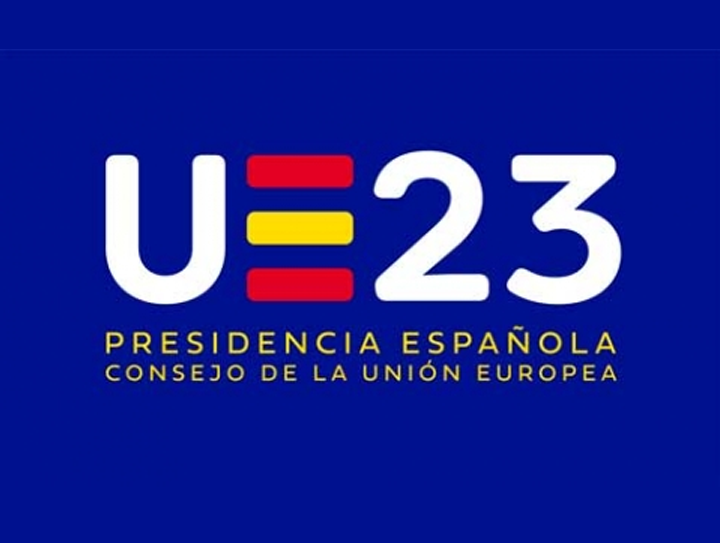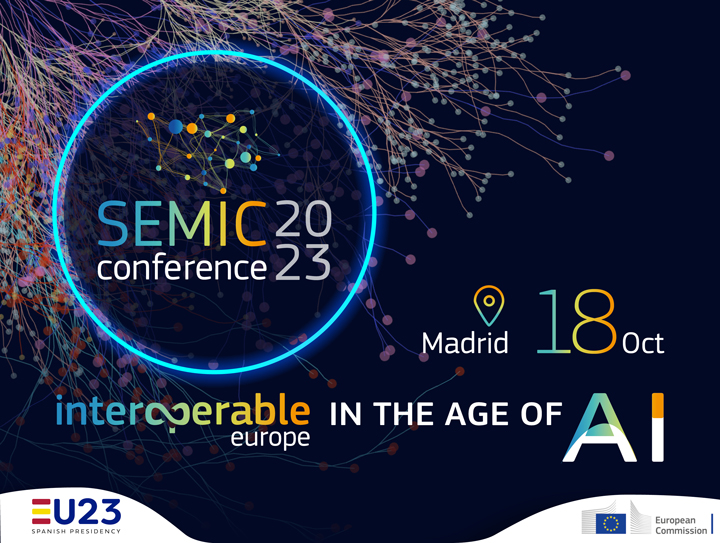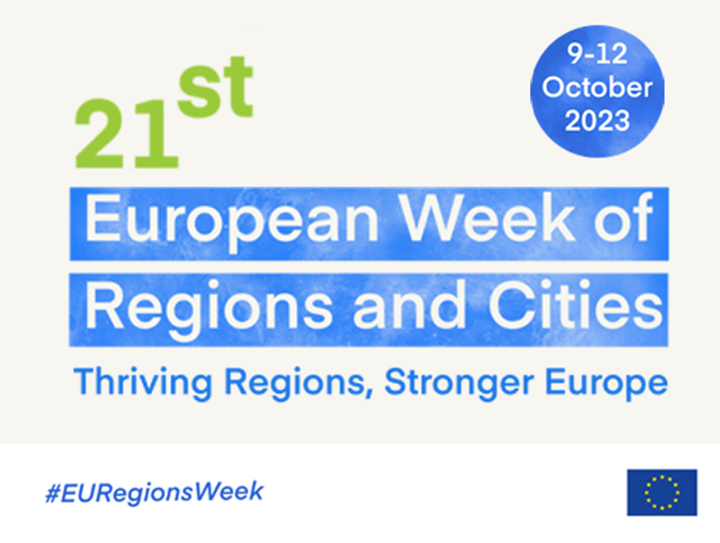Βρέθηκαν 592 αποτελέσματα
Skip results of view Νέα

Whether you are traveling the world or enjoying the comforts of home, the summer holidays provide the perfect opportunity to finally finish that book and explore new stories. Are you looking for engaging reads? Data.europa.eu has compiled a list of eight insightful readings, including articles and books, to help you discover unique stories related to open data , analytics, AI and more! Open data and AI: A symbiotic relationship for progress: Data is a critical component of AI systems. This data story highlights the connection between open data and AI performance with real-life use cases. City

Every six months, a Member State takes over the presidency of the Council of the European Union . On 1 July 2023, Spain assumed this role for the fifth time in history. Prior to Spain, Sweden held the presidency for the first half of 2023. The goal of the presidency is for the 27 Member States to work together and achieve the best possible results for Europe and its citizens. During the council meetings, the role of the presidency is that of a mediator. In this manner, it facilitates commitments and agreements between Member States. Each presidency sets up its own programme and events to reach

Today is International Youth Day , celebrating the ways in which youth lead as agents of change for global goals. To achieve the Sustainable Development Goals (SDGs) and respond to the global climate crisis, the green transition is crucial. Youth play an important role in this transition which requires the right knowledge, abilities, values and attitude to live in, develop and support a sustainable society. Funded by the European Union, the EUTeens4Green projects has been launched for youth to take ownership and become actors of change to contribute to advancing the green transition in their

On Wednesday, 18 October, the European Commission together with the newly inaugurated Spanish Presidency of the Council of the European Union, are organising this year’s Semantic Interoperability (SEMIC) conference. The conference, taking place in Madrid, will focus on ‘Interoperable Europe in the age of AI’. During the day, hundreds of professionals from the public, private and academic sectors come together to exchange knowledge and participate in a variety of discussions. The development of AI continues its journey with new groundbreaking applications around every corner. The current

Are you eager to learn more about the power of open data and how it can be transformed into innovative solutions? Join the data.europa.eu workshop ‘ Open data for regional growth: showcasing a real-life success story’ on 11 October from 14.30 to 15.30 CET. Book your place here, click on ‘register’ and create your profile to get in touch with other participants, schedule one-to-one meetings and build your personal agenda. The workshop is part of the European Week of Regions and Cities 2023: Thriving Regions, Stronger Europe (#EURegionsWeek) , taking place from 9 to 12 October 2023. It is the

Nowadays, data has become a central component of any kind of government publication, be it a report, a study or a policy summary. Nonetheless, data is often not presented and published in a way that allows others to easily access, reuse and reference it. This is where the new data.europa.eu online guide ‘ Data in Publications ’ steps in to fill the gap. Formatted as an extendable checklist, it compiles practical tips, examples, visual aids and resources from across the EU that will help you make the data in your publications more accessible and reusable. This guide is relevant for any type of

There are many ways to create meaningful visuals. The eleventh and last course of the restructured data.europa academy called ‘ Inspiring through data visualisation ’ will help you rethink how you can inspire others through data visualisation and motivate yourself to explore different ways of creating visuals. The first lesson ‘ Playful machine learning ’ showcases several examples of how to use algorithms and machine learning to create data visualisations. For example, they can pay tribute to cultural masterpieces as explained in the second lesson ‘ Experience Leonardo da Vinci’s Codex

Smart cities go beyond the use of digital technologies for better resource utilisation and reduced emissions; they involve making traditional networks and services of the urban environment, such as transport or water supply, more efficient through digital solutions. The goal is to improve operational efficiency, share more accurate information with the public and provide better quality of government service and citizen welfare. Open data plays a crucial role into the transformation into a smart city. It supports researchers and businesses in creating better products and services and allows
On Friday 14 July 2023 from 10.00 to 11.30 CET, the data.europa academy hosted a webinar on the portal dimension following the Open Data Maturity (ODM) report 2022 . This was the third webinar in a series of webinars on the Open Data Maturity (ODM) report 2022. The first webinar, that took place on 10 February 2023, introduced the ODM assessment, provided insights into the level of maturity of the 35 participating countries in Europe and presented the main trends. During this webinar, the four dimensions of ODM were introduced: quality, portal, policy and impact. The second webinar in the

The tenth course of the restructured data.europa academy called ‘ Introducing data visualisation ’ showcases how you can use data to create inspiring and practical visualisations, and how it can be used to tell a story and take your audience on a journey. By the end of this course, you will know how to design state-of-the art data visualisation. In the digital era, data visualisation is a critical asset and essential tool that allows people to grasp information in a second. The first lesson, ‘ How to make your date easier to visualise ’ highlights examples of data repositories and a set of
